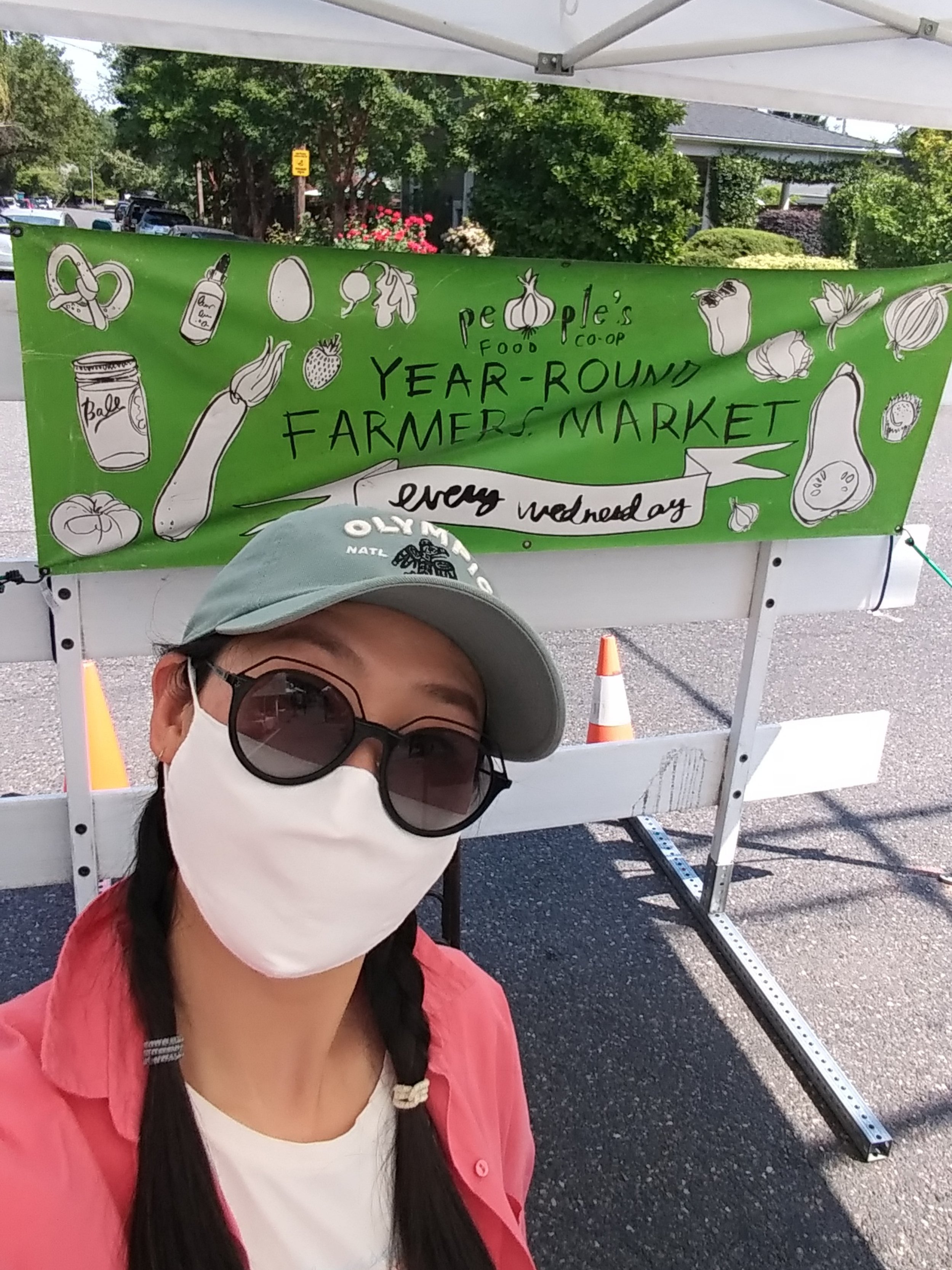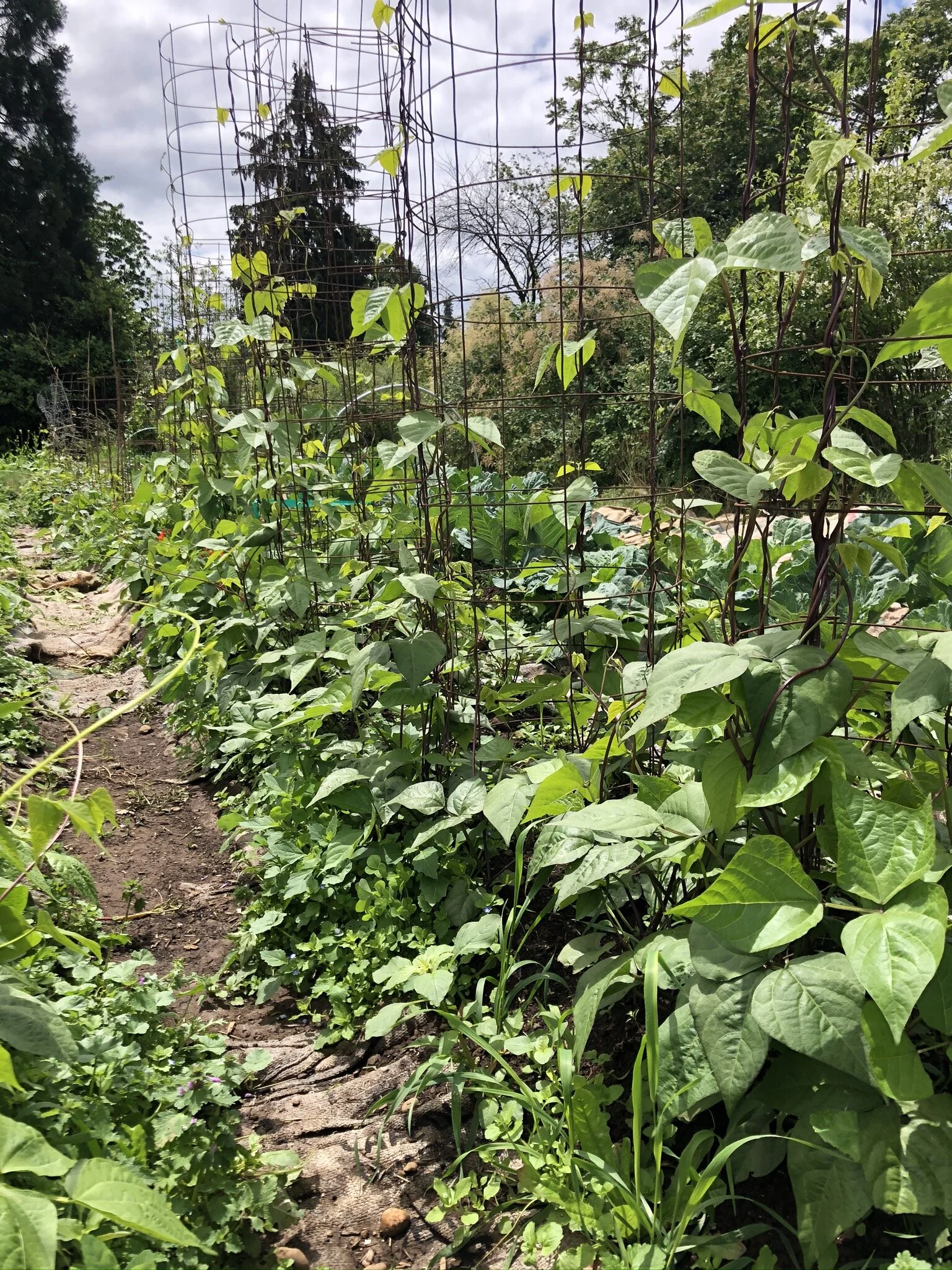If you haven't already heard, the workers at the Amy's Kitchen Santa Rosa factory have called for a boycott of Amy's Kitchen products due to unsafe working conditions, union busting, denial of bathroom breaks, and not providing access to drinking water.
People’s Food Co-op’s buyers adhere to a strict set of buying guidelines so that we only stock the most ethically sourced products that we can find. Workers everywhere deserve safe working conditions, access to bathroom breaks and clean drinking water, good healthcare, good wages, and more. Until Amy’s Kitchen can meet their workers’ demands, People’s will not stock their products on our shelves.
As the Boycott evolves, we will post updates via this blog post. We have had contact with both the union, Teamsters, that is working with Amy’s employees, as well as representatives from Amy’s. We have also begun to stock comparable alternatives to the Amy’s products that we have carried. This includes Upton’s Naturals soups and Tofurky frozen pockets . We are in the process of connecting with and supporting other co-ops who are involved with/interested in the boycott. This includes our frequent collaborators, the Alberta Co-op.
You can support Amy’s Kitchen workers by signing their petition. You can also support Amy’s Kitchen workers by boycotting their products and asking other grocers to do the same.
Thank you for your support, patience, and understanding. Please reach out to info@peoples.coop if you have any questions. Our staff are available to assist if you need recommendations for alternative products!
FAQs
Who called for the Amy’s Boycott?
The Food Empowerment Project and Veggie Mijas were in conversation with workers at Amy’s Kitchen about their experiences there, and supported them in officially calling for the boycott. After the boycott was called, the Teamsters Union got involved and backed the boycott as well.
What exactly are the workers’ demands?
The workers are calling on CEO Andy Berliner to meet with them and their advocates, Teamsters Local 665. They want to discuss
a) how to put an end to needless injuries and the implementation of safeguards so that these workers have guarantees that these workplace issues don't happen again, and
b) allow the unionization process to play out without the interference of management or outside anti-union consultants.
What kinds of conditions are the Amy’s workers facing?
Unsafe Working Conditions
Repetitive motions causing multiple injuries
Fast pace. Workers have to roll 12-14 burritos a minute.
Over $100,000 fines in OSHA violations and current/ongoing OSHA investigation
Unlivable wages
Workers make under $20/hr. In 2017 living wage in Sonoma County was $23.17/hr
Unaffordable Health Care that has minimal coverage and costs upwards of $750/month for family coverage. Many of the workers and their families have to depend on MediCal – California’s state medical plan.












